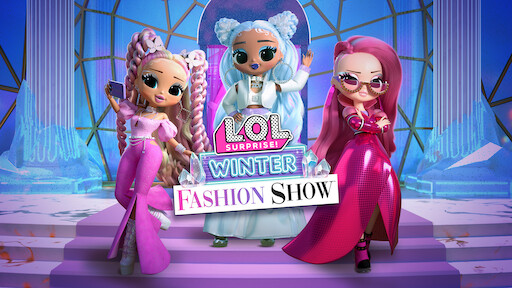
From Text Talk to Everyday Speech: The Evolution of OMG and LOL
Article for Kids:
From Text Talk to Everyday Speech: The Evolution of OMG and LOL
Have you ever found yourself saying “OMG” or “LOL” out loud? You’re not alone! These two popular terms have transitioned from text talk to everyday speech.
OMG stands for “Oh my God” and is often used to express surprise or shock. It first appeared in written form in a letter dated back to 1917, but its use in text messaging and online communication became popular in the early 2000s.
LOL, on the other hand, stands for “laugh out loud” and is used to indicate laughter. It became popularized in the late 1990s and early 2000s with the rise of instant messaging and internet forums.
But how did these terms make the transition from text talk to everyday speech? One reason is the prevalence of social media and the internet in our daily lives. With so much of our communication taking place online, it’s not surprising that certain terms and phrases have made their way into the real world.
But it’s not just the internet that’s responsible for OMG and LOL’s popularity. They’re also simple and easy to understand, which makes them accessible to people of all ages and backgrounds. Plus, they add a casual and laid-back tone to conversations, making them a go-to for casual conversations with friends.
So next time you hear someone say “OMG” or “LOL” out loud, remember that they’re not just abbreviations for text messages. They’re a part of our everyday speech and language evolution.
Kids Story:
Once upon a time, there was a young girl named Lily who loved to chat with her friends online. She would spend hours texting, instant messaging, and scrolling through social media.
One day, Lily’s mom overheard her laughing and saying “LOL” out loud. “What does that mean?” her mom asked, confused.
“It means ‘laugh out loud,'” Lily replied with a giggle.
Her mom couldn’t believe it – “LOL” was just a text abbreviation, right? But as time went on, she began to hear more and more people using this and other similar terms in everyday speech.
Lily’s mom was fascinated by this evolution of language. She learned that these abbreviations were becoming increasingly popular in spoken language thanks to social media and the internet, but also because they were simple, easy to use, and added a casual tone to conversations.
Eventually, even Lily’s mom began to use phrases like “OMG” and “LOL” in her everyday speech. And so did Lily’s little brother, her grandparents, and her friends’ parents.
The ever-changing nature of language had once again evolved, and everyone was embracing it. The end.